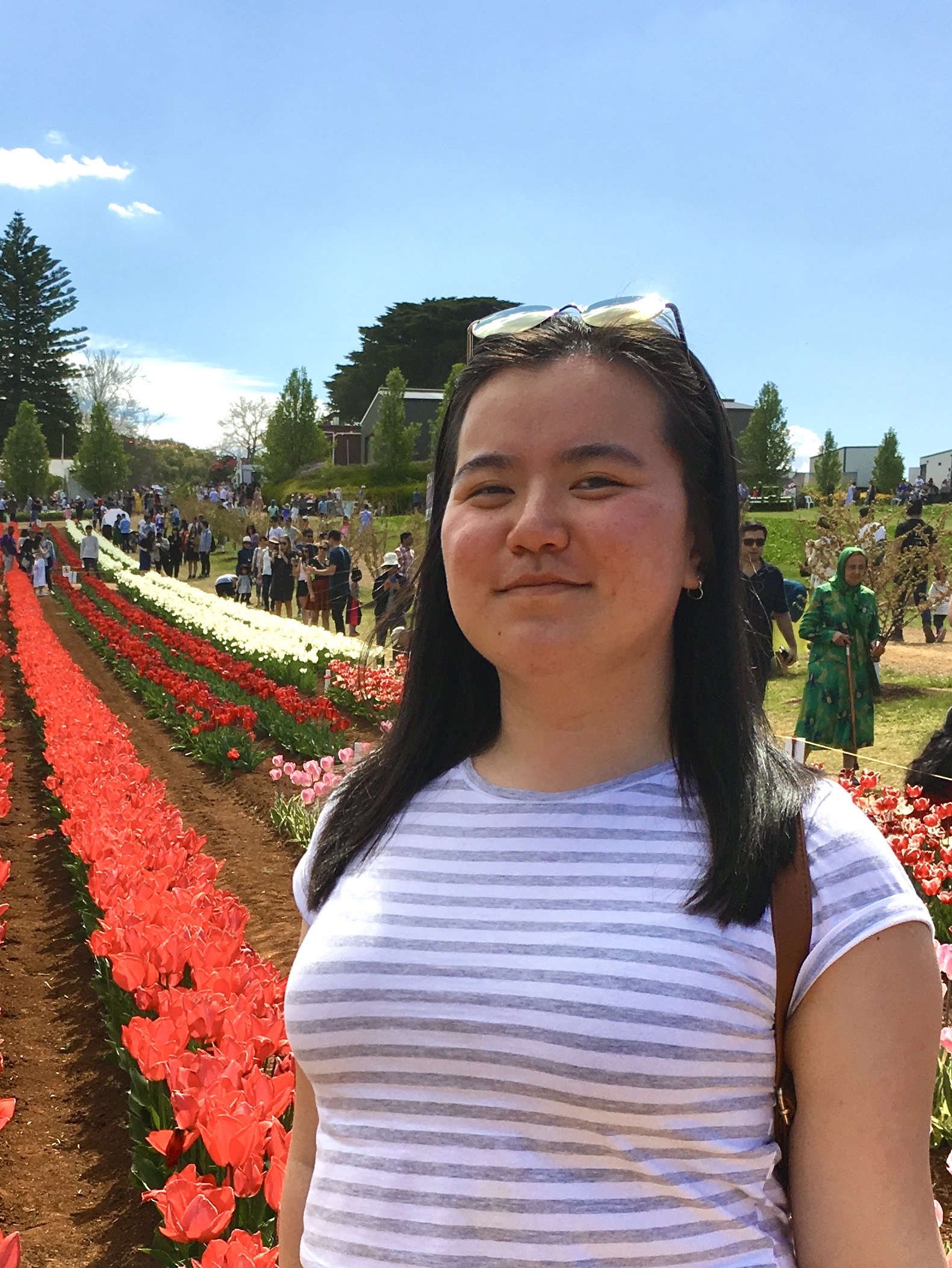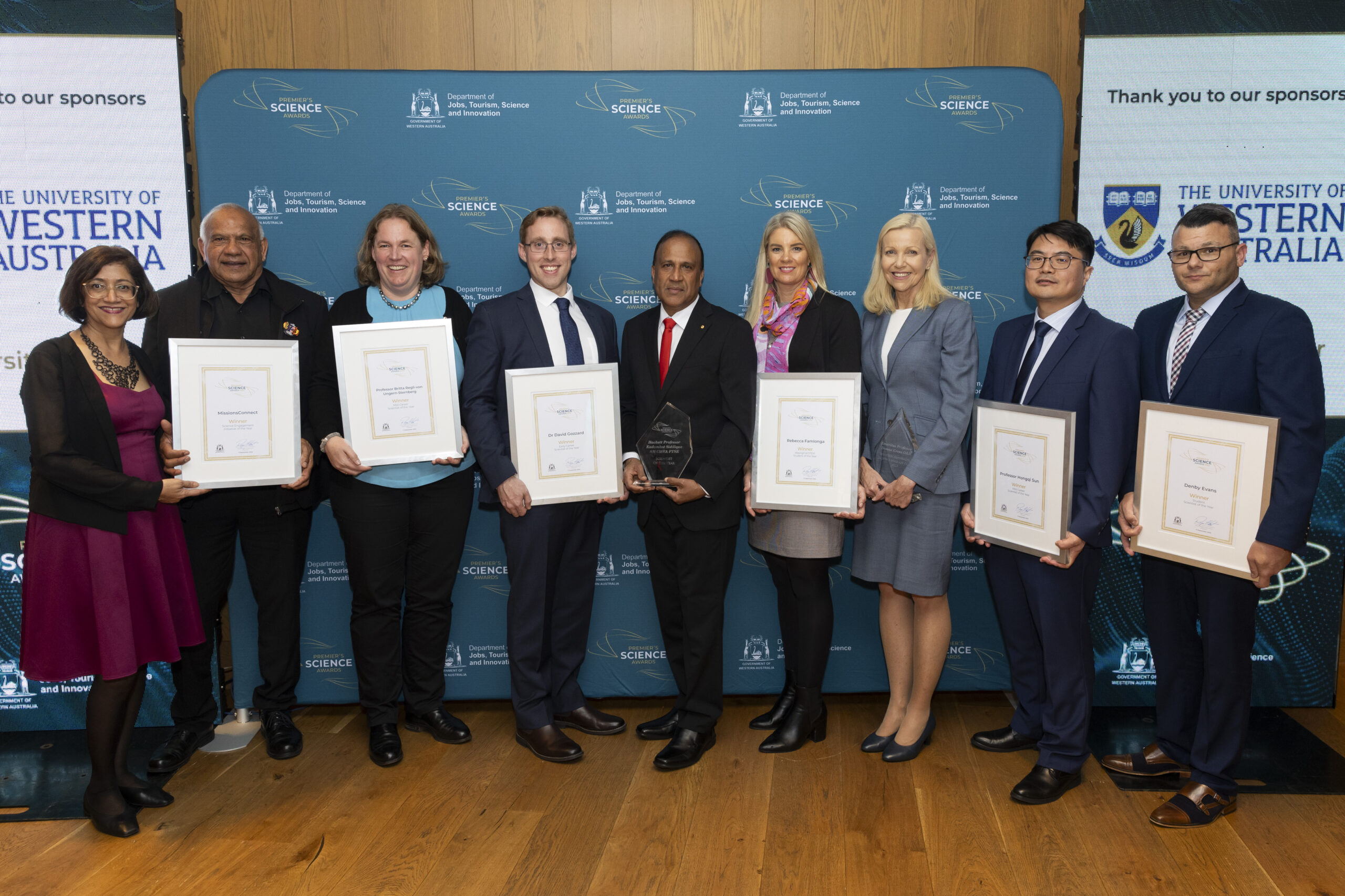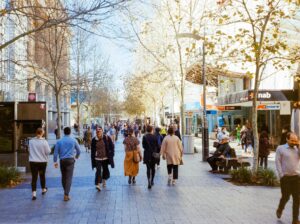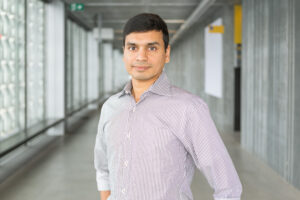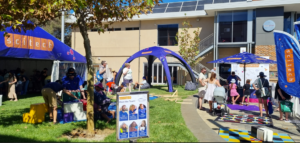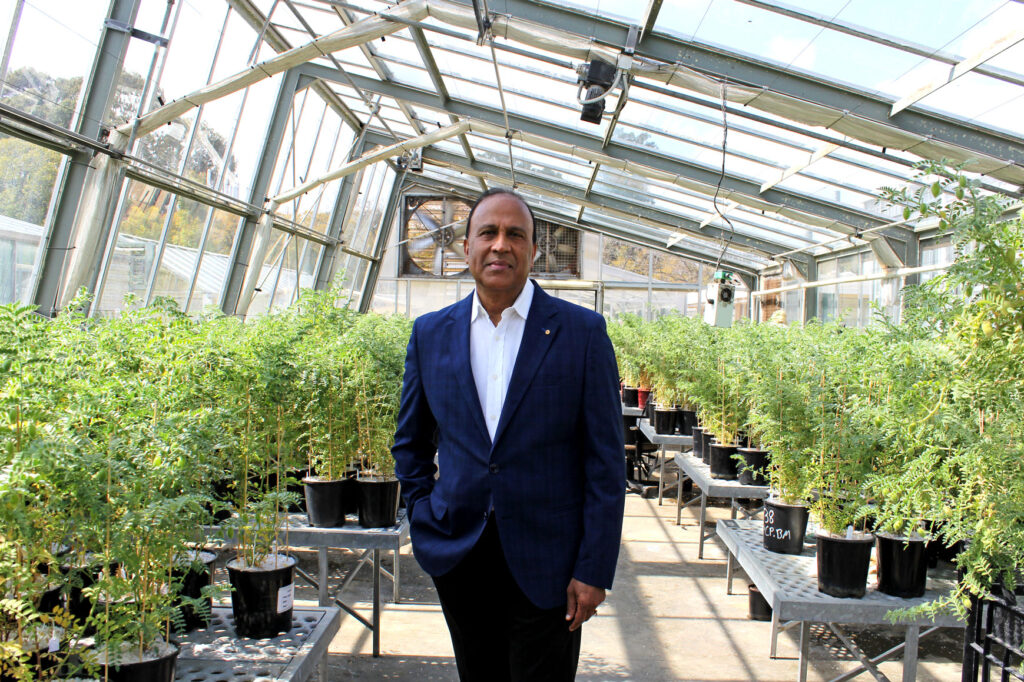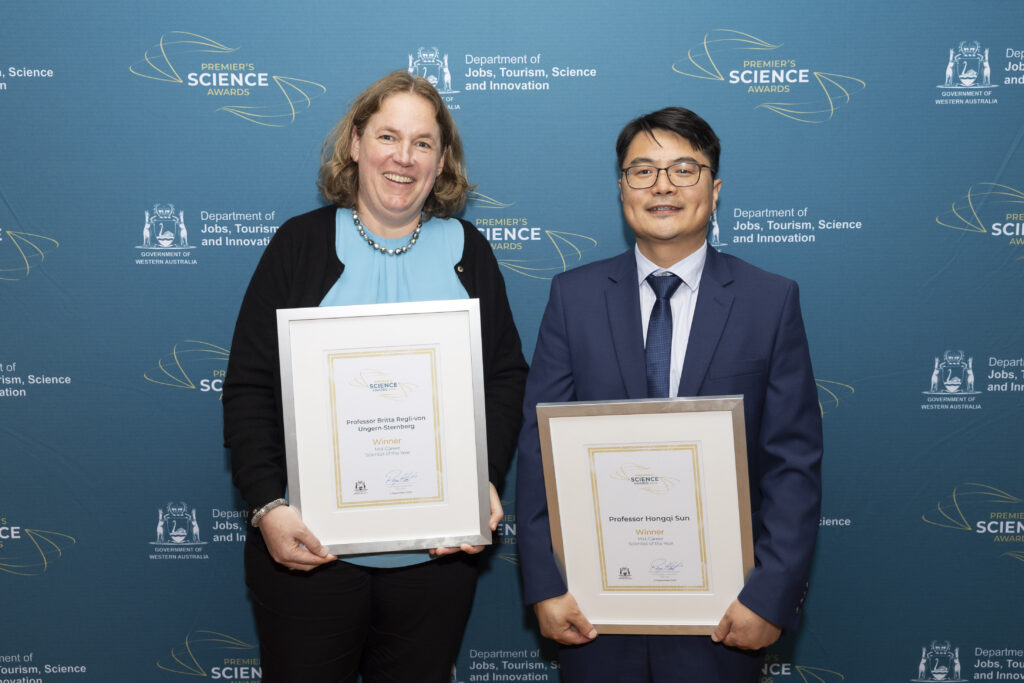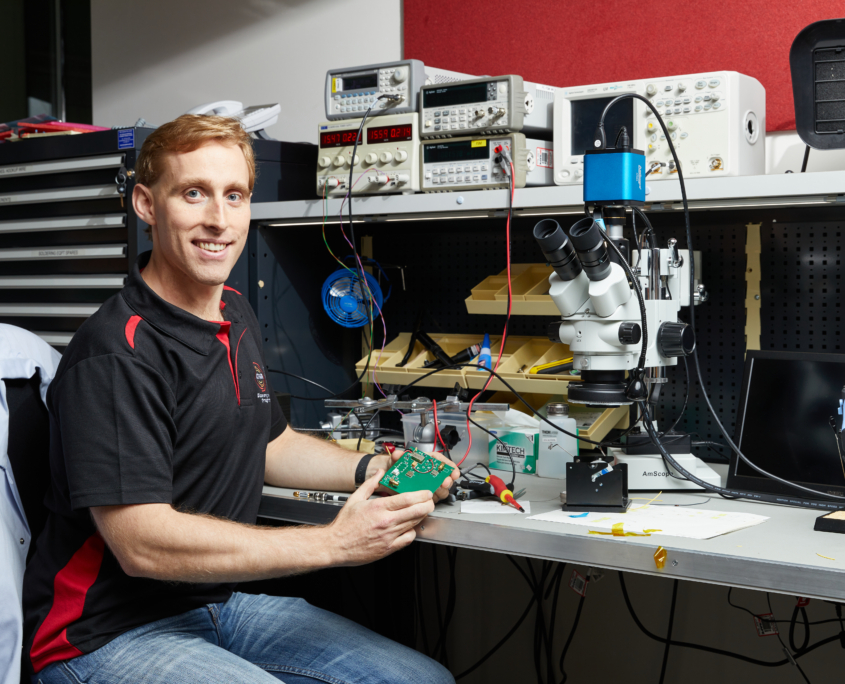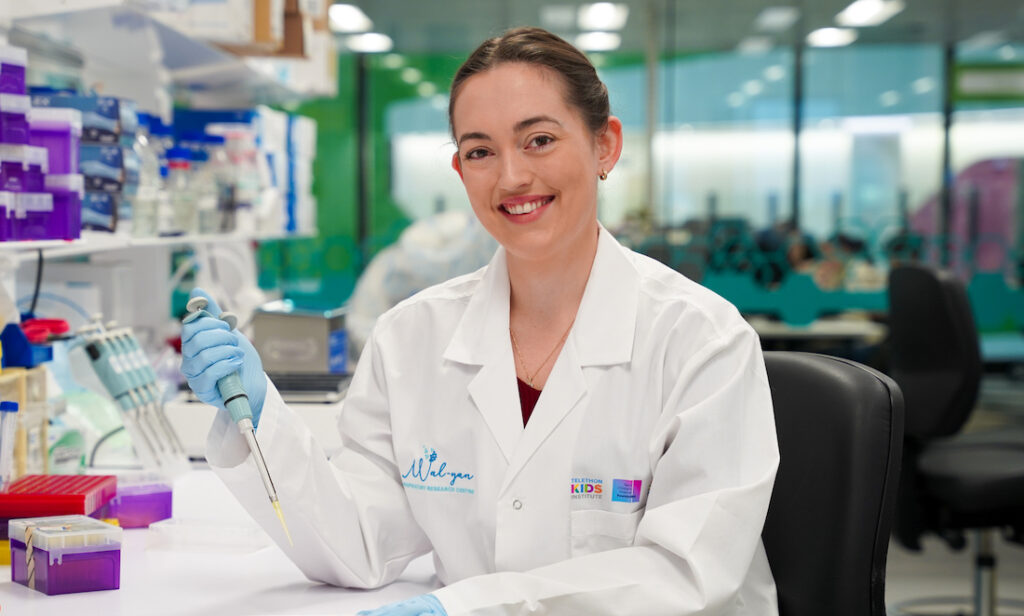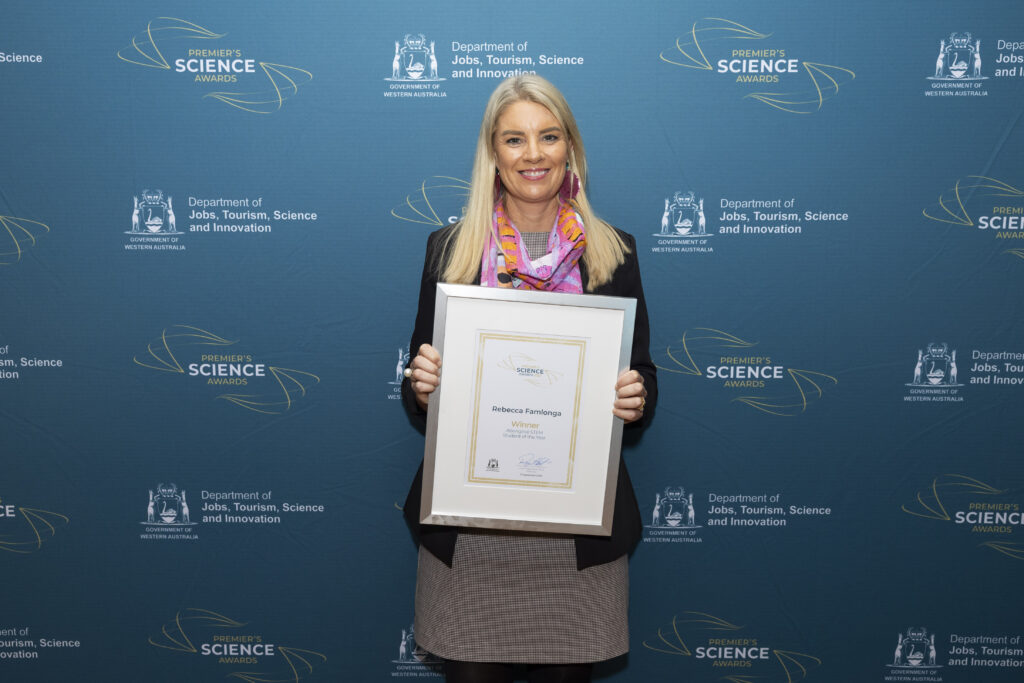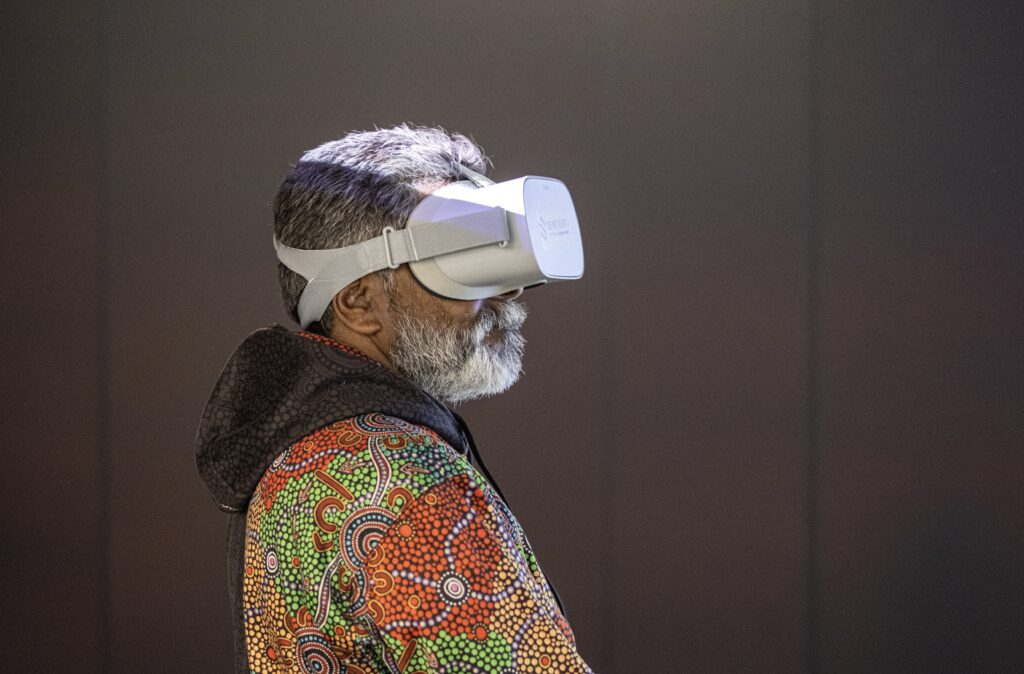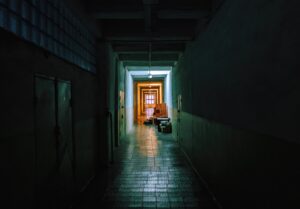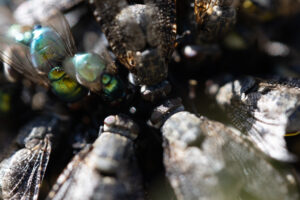A total of 26 Western Australian scientists were named as finalists across six different categories for the 2023 Premier’s Science Awards.
Let’s meet the winners.
SCIENTIST OF THE YEAR
Hackett Professor Kadambot Siddique AM and Director of The UWA Institute of Agriculture has dedicated over 35 years to agricultural science. He
Throughout his long and successful career, Professor Siddique has worked closely with the agriculture and food industries to improve cereal and grain production in dryland environments.
His highly cited and celebrated works of research focus on promoting sustainable agriculture and addressing global food security.
“My PhD was the first in this country on chickpea – and now, Australia has a major pulse exporting industry. How we have grown.” he said in a press release statement.
“It is also crucial that I acknowledge my close working relationship with innovative WA farmers, who I have learned so much from and without whom I would certainly not be standing here tonight”
JOINT WINNERS OF MID-CAREER SCIENTIST OF THE YEAR
The Mid-Career Scientist of the Year award recognises those who have completed their highest degree between 5-15 years ago. And this year, the judges decided to give two finalists the top honour.
Professor Britta Regli-von Ungern-Sternberg is a global research leader in paediatric anaesthesia and perioperative medicine. She is currently Chair of Paediatric Anaesthesia at UWA and Co-Lead of the Perioperative Medicine Program at Telethon Kids Institute.
Furthermore, she works as a Consultant Anaesthetist at Perth Children’s Hospital. The role allows her to keep her research patient focused and clinically applicable.
Professor Ungern-Sternberg leads the most active research program for paediatric anaesthesia in Australasia. Her work has made anaesthesia safer for children not only in WA but across the world.
Professor Hongqi Sun is currently based at UWA’s School of Molecular Sciences. He is internationally renowned for his work in novel catalysis over nanostructured materials for solar-to-chemical conversion and environmental remediation.
In 2020, Professor Sun was also listed as one of the Top 40 Australian Research Superstars by The Australian’s Research Magazine.
EARLY CAREER SCIENTIST OF THE YEAR
The Early Career Scientist of the Year recognises those who have completed their highest degree within the past five years. This year, the honour goes to Dr David Gozzard.
Dr Gozzard is an experimental physicist currently based at UWA. He develops laser measurement and communication technology to use for spacecrafts.
To date, Dr Gozzard has worked on developing synchronisation technology for the Square Kilometre Array. And is now working on supporting high-speed communications and high-precision space science via robust laser links.
STUDENT SCIENTIST OF THE YEAR
This award recognises postgraduate students who have demonstrated a commitment to science at an early age and shows great promise in reaching the highest levels of excellence.
Denby Evans is a PhD studen researcher currently working on improving the lung health of premature newborns.
To date, she has discovered that airway cells behave differently after preterm birth for months or even years after the initial hospital stay. The finding paves the way for novel interventions.
ABORIGINAL STEM STUDENT OF THE YEAR
This award recognises Aboriginal or Torres Strait Islander undergraduate or postgraduate students who demonstrate excellence in STEM studies.
Rebecca Falmonga is a proud Wadawurrung woman and Senior Research Officer with Telethon Kids Institute. After working as a teacher for more than 20 years, Rebecca commenced a Research Masters with Training at Murdoch University in 2022.
Her work aims to co-design community-led skin health interventions in remote areas of the Kimberley.
Aboriginal and Torres Strait Islander peoples are currently disproportionally affected by rheumatic heart disease – a lifelong health condition which can stem from untreated skin sores.
SCIENE ENGAGEMENT INITIATIVE OF THE YEAR
This award celebrates initiatives that have made an outstanding contribution to community awareness, interest and/or participation in science across Western Australia.
MissionsConnect provides the world’s oldest living culture with the newest VR technology to provide a shared understanding of the history of European encounters with First Nations people.
Within six years of its launch, the program has been recognised by UNESCO for raising awareness about the potentials of technology.
WA SCIENCE HALL OF FAME INDUCTEE
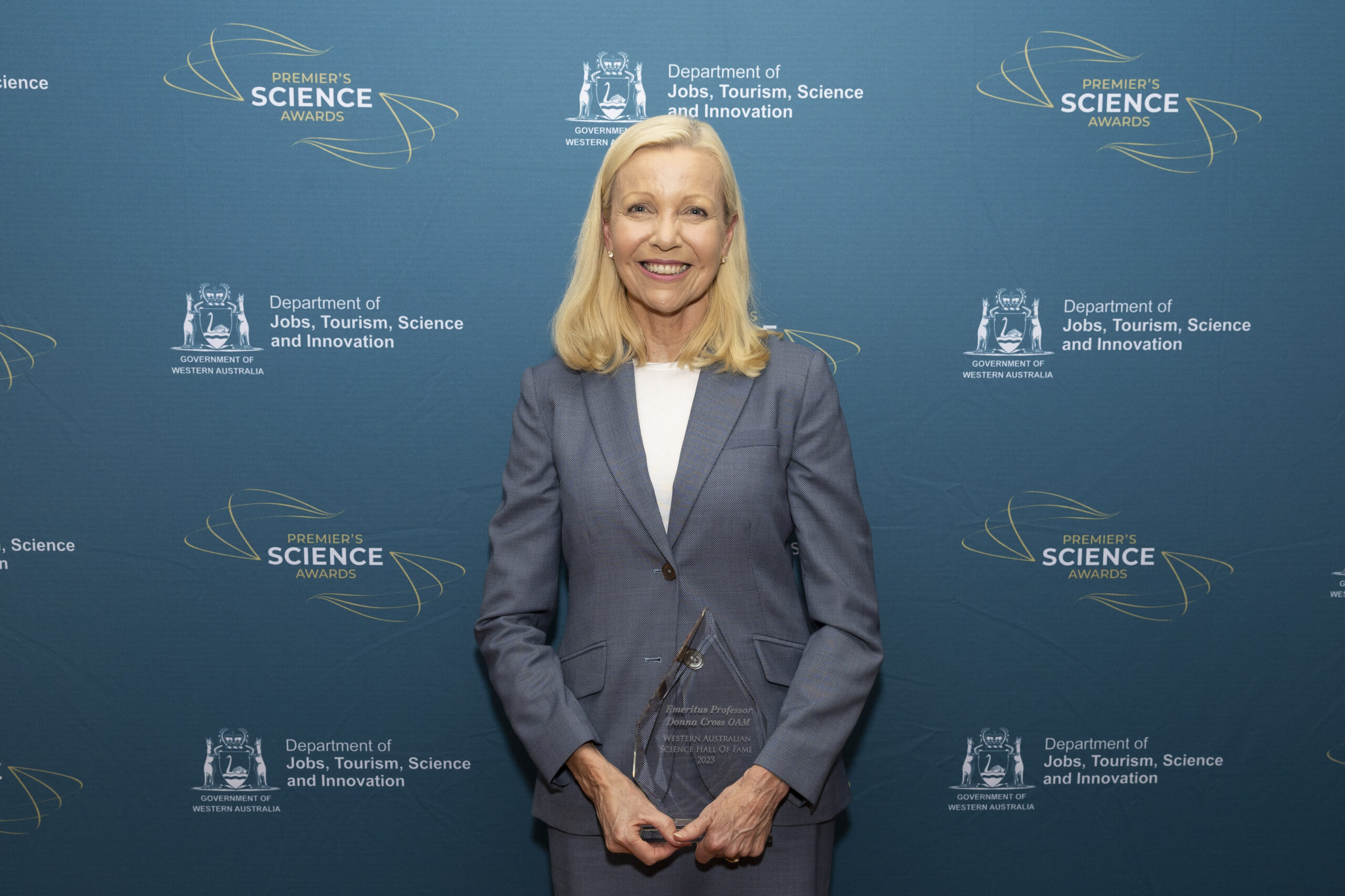
Professor Donna Cross OAM (Photo courtesy of the Department of Jobs, Tourism, Science and Innovation. Photographer: Matt Jelonek)
Professor Donna Cross OAM has dedicated over 40 years to helping Western Australians improve their mental wellbeing.
She’s globally renowned for her research into bullying and cyber bullying. Furthermore, she has intentionally set her research in real-life settings so that they can be translated to meaningful changes in policy and practice.
In addition to her many advisory roles across Australia, Professor Cross is an expert advisor on children’s social development, bullying and aggression prevention for UNESCO.
She has actively campaigned for more than 20 years to demonstrate that bullying-related harm is common, severe and long-lasting, and that much can be done to extinguish this behaviour in children.


